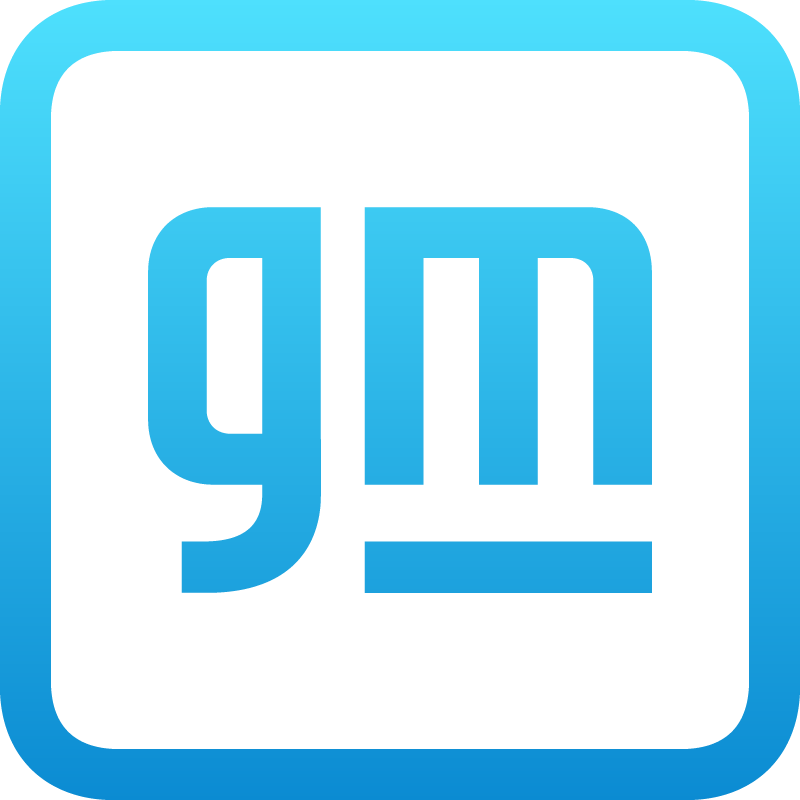Elementary Workshops
Engineering Outreach at Ontario Tech University offers a variety of workshops for grades K through 8. Our workshops target specific curriculum topics and increase student understanding of Science, Technology, Engineering, and Mathematics. Our elementary workshops run in blocks of 75 minutes. All bookings require a minimum of 2 workshops.
We also offer a discount if you book for a full day's worth of programming! Once your reservation is complete a $50 discount will be applied.
Maker Workshops
-
Heat Retention (Grades K - 4)
In this workshop, students will be exploring the insulating properties of different substances and materials, and how engineers use these properties to design ways to keep us, our structures, and our machines the correct temperature.
Curriculum Links: Conservation of Energy, Heat in the Environment, Energy in Our Lives, Properties of Liquids and Solids, Interactions in the Environment, Needs and Characteristics of Living Things
-
Foil Boats (Grades 1 - 8)
What floats your boat? In this workshop, students explore the principles of buoyancy and the design of ships. Students will have the opportunity to design, build and test their ships in class. Interested in taking this further? The advanced workshop asks students in grade 7 and 8 to design and 3D print elements of their ships.
Curriculum Links: Objects and Structures, Movement, Buoyancy, Stable Structures, Properties of Matter, Form, Function, and Design, Fluids, Systems in Action
-
Colour Decoded (Grades 4 - 6)
Students will explore fundamental concepts, from light's dual nature to the electromagnetic spectrum, and instructors will guide students in constructing their own spectroscope - a hands-on tool revealing the mysteries of light's interaction with matter.
Curriculum Link: Light (waves/particles, electromagnetic spectrum)
-
Rush Hour (Grades 4 - 6)
In this workshop, students will learn about the world of traffic lights and how electricity plays an important role within society. Through the engineering design process, students will design and test traffic lights; thinking as an electrical engineer. An advanced version of the workshop is available for higher grades to practice their coding skills and optimize how the light functions.
Curriculum Links: Light and Sound, Electrical Devices
-
Step Forward (Grades 4 - 8)
Students will delve into the interconnectedness of bodily systems while designing a prosthetic leg. Through hands-on activity, participants will unravel the intricacies of anatomy, physiology, and biomechanics, guided by instructors.
Curriculum Link: Biology (human body and body systems)
-
TinkerCAD 3D Printing & Prototyping (Grades 6 - 8)
This workshop serves as an introduction to prototyping and students will be making a 3D model. Once students are familiar with the concepts of computer-aided design (CAD), the instructors will show how to construct a CAD prototype using a 3D printer.
Remember to select the 3D printing option for workshop #3.
Curriculum Connections: Programming, Engineering Design
Coding Workshops
-
Intro to Robotics (Kindergarten)
How do robots work? In this workshop, students will experiment by controlling a robot's direction and speed using drawn commands on paper.
Curriculum Links: Coding. This workshop covers how to use simple commands to move a robot on a course at different speeds
-
Intro to Programming (Grades 4 - 6)
Want to sort data or play games but don't know how to code? Now you won’t need to! In this workshop students will explore block programming to learn the basics of controlling inputs and outputs on a computer.
Curriculum Links: Coding and probability
-
Intro to Python (Grade 7 - 8)
Python is a common programming language that is widely used in the sciences. It is also one of the most popular programming languages in the world. This workshop introduces students to the basics of coding in python such as assigning variables, if/then statements, and performing simple tasks (e.g., making a calculator) in preparation for high school.
Curriculum Links: Coding. Teachers can request certain topics (e.g., loops, conditional statements) be covered depending on what they’re teaching in class
-
Bloxels Biodiversity and Ecosystems (Grades 1 - 8)
Student will learn about engineering's importance, programming's real-world applications, and input/output logic. The focus varies based on grade levels:
-
Grades 1 - 2: Learners grasp ecosystem concepts, types, and basic food chain systems. They practically apply this by creating ecosystems in Bloxels, including environments and pixel art animals. Understanding input's impact on character movement in the app is a key takeaway.
-
Grades 3 - 4: Students gain familiarity with Bloxels' environment, explore engineering and programming's significance, and delve into diverse ecosystems and food chains. They employ pixel art to craft animals and ecosystems, extending learning to predator-prey dynamics. Adding predator characters and utilizing game elements like power-ups deepen understanding.
-
Grades 6 - 7: Similarly introduced to Bloxels, these students tackle engineering, programming, ecosystems, and food chains, while also mastering scientific terminology for their game development. They construct prey and predator characters, using power-ups, multiple characters, and checkpoints for added complexity, showcasing an advanced comprehension of ecosystem dynamics and game design.
Curriculum Links: Coding, Biology (biodiversity and ecosystems)
-
-
Bloxels Literacy (Grades 2 - 3)
Students will have the opportunity to explore the Bloxels application and create a gaming environment of the story, The Three Little Pigs. While students learn about engineering and its applications, programming significance in the real world, programming input and output controls logic as a software/game developer, they will also be able to learn basic literary structure of a story. Grasping terms like beginning, middle (climax), end, protagonist, antagonist, setting, and story repetition, students will master these concepts by recreating the story in Bloxels by using pixel art to create characters, settings and power-ups to make their plot more interesting.
Curriculum Links: Coding, Literacy

Actua provides training, resources and support to its national network of members located at universities and colleges across Canada in the delivery of science, technology, engineering and mathematics (STEM) education outreach programming. Each year, these members engage over 350,000 youth in 500 communities nationwide. Please visit Actua at www.actua.ca

